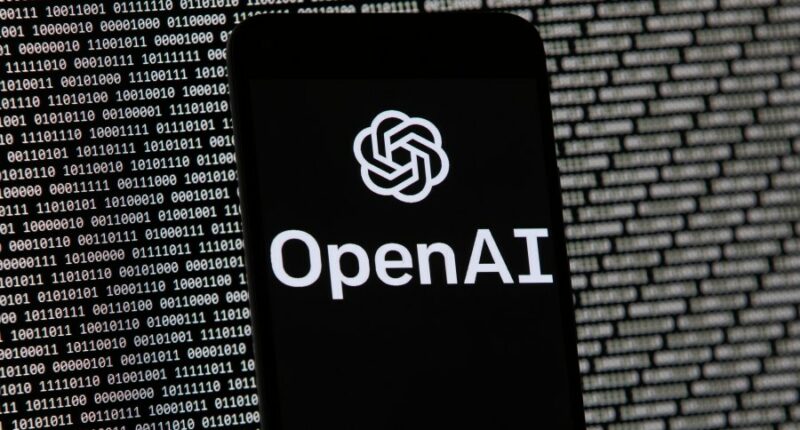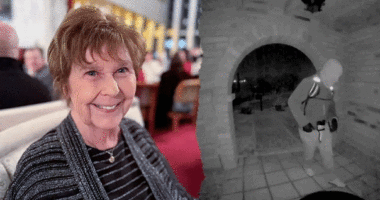Share this @internewscast.com

OpenAI may now hold the title of the world’s most valuable startup, surpassing Elon Musk’s SpaceX and TikTok’s owner, ByteDance. This shift follows a secondary stock sale intended to keep the ChatGPT creator’s employees.
According to an insider not authorized to speak publicly, current and ex-OpenAI staff sold $6.6 billion worth of shares to a group of investors. This transaction elevated the AI company’s valuation to a staggering $500 billion.
Thrive Capital, Dragoneer Investment Group, and T. Rowe Price were among the investors purchasing the shares, alongside Japan’s SoftBank and the UAE’s MGX, the source revealed on Thursday.
This valuation reflects significant optimism about AI technology’s future and highlights OpenAI’s impressive transformation from its origins as a nonprofit research organization in 2015.
However, with OpenAI not yet generating a profit, there are rising concerns about a potential AI bubble. These concerns loom if OpenAI’s generative AI creations and those of its competitors fail to meet the lofty expectations of the investors who are investing heavily in research and development.
OpenAI CEO Sam Altman has been working to allay these fears. Just last week, he visited a large data center under construction in Abilene, Texas, intended to support the company’s AI operations.
“Between the ten years we’ve already been operating and the many decades ahead of us, there will be booms and busts,” Altman said after being asked about a bubble. “People will overinvest and lose money, and underinvest and lose a lot of revenue.”
He added that “we’ll make some dumb capital allocations” and short-term ups and downs but that “over the arc that we have to plan over, we are confident that this technology will drive a new wave of unprecedented economic growth,” along with scientific breakthroughs, improvements to quality of life and “new ways to express creativity.”
Just this week, the company launched two different business ventures, one a partnership with Etsy and Shopify for online shopping through ChatGPT and another a social media app, Sora, for generating and sharing AI videos.
The stock sale is a first for OpenAI, which has been struggling to offer investors and staff the same perks and compensation as other companies. Facebook parent Meta Platforms, in particular, has been on a hiring spree for elite AI engineers and in June made a $14.3 billion investment in AI company Scale that recruited its CEO Alexandr Wang.
OpenAI’s for-profit subsidiary, valued at $500 billion, is technically controlled by the board of OpenAI’s nonprofit and both are still bound to pursue the nonprofit’s charitable purpose.
OpenAI’s partnerships with major companies and its plans to change its corporate structure have drawn the scrutiny of regulators, including the attorneys general of California and Delaware, who oversee charitable organizations that operate or are incorporated in their states.
The company has made big deals in recent weeks with Oracle and SoftBank, its partners on a data center venture called Stargate, and with chipmaker Nvidia, which makes the specialized AI chips those data centers need. At the same time, it has lessened its reliance on longtime backer Microsoft.
In September, OpenAI announced it had reached a tentative agreement with Microsoft about the future stake of its nonprofit in its for-profit corporation but released few details.
It also opened applications for nonprofits to apply for $50 million in funding from OpenAI, an effort it launched in response to the recommendations of an advisory board. The grants will go toward projects that increase public understanding of AI, support the design of AI for uses that communities want and increase economic opportunity. The deadline to apply closes on Oct. 8.
——
AP Philanthropy Writer Thalia Beaty contributed to this report.

















